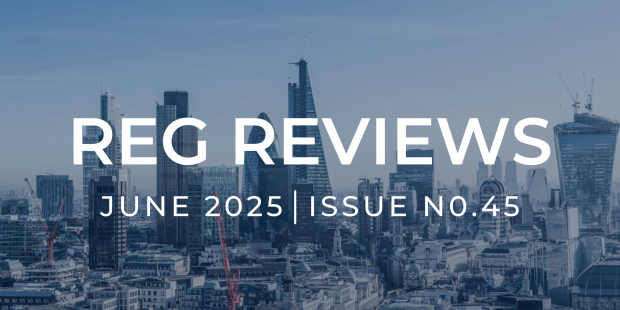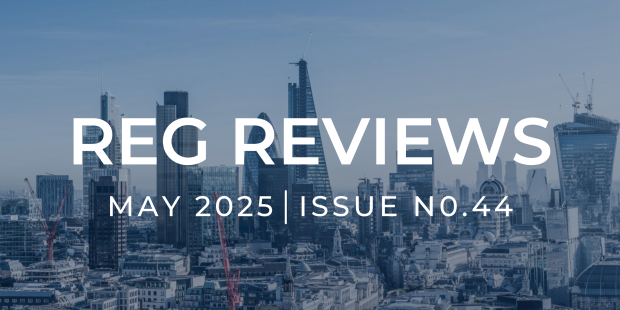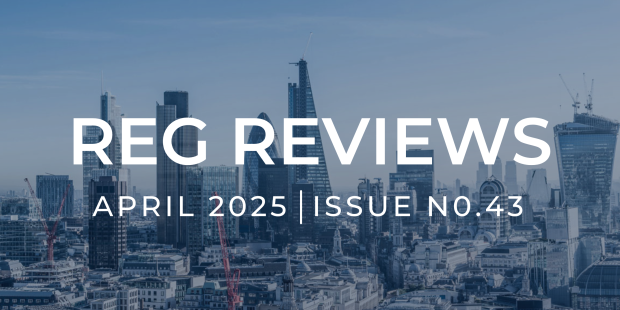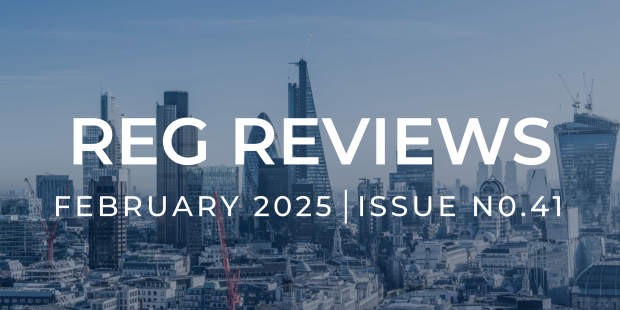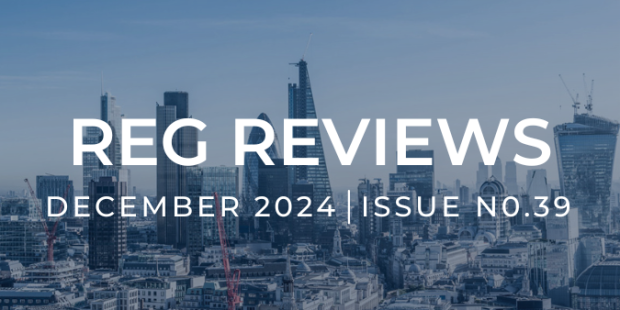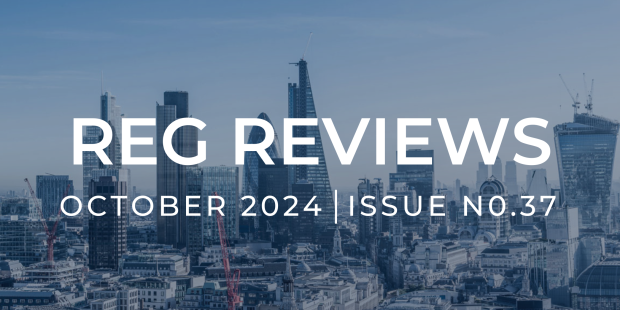On 3rd July 2025, the insurance industry’s most dynamic players will come together at Old Billingsgate for the MGAA Annual Conference — and this year’s theme, “Navigating a Bright Future,” couldn’t be more timely.
As the MGA space evolves rapidly in the face of regulatory change, technological innovation, and shifting customer expectations, this flagship event provides a crucial platform for connection, learning, and future-focused discussion. From senior leaders and underwriters to insurtech innovators and rising talent, the MGAA Conference is where today’s ideas meet tomorrow’s strategies.
The conference will bring together managing general agents, insurers, brokers, technology partners, and regulatory experts — all united by the desire to drive the market forward. It’s a unique opportunity to network with peers, hear from decision-makers, and explore how the MGA sector can adapt, collaborate, and thrive in an increasingly complex landscape.
At its heart, the MGAA Annual Conference is about more than just updates and panels — it’s about shaping the future of delegated authority in insurance. As Victoria Slade, Head of Sales at REG Technologies, puts it:
“Alongside key networking opportunities, the MGAA conference offers expert-led panels, keynote speeches and breakout sessions covering current trends, regulatory developments, and future challenges in the MGA and wider insurance industry. With the conference theme being ‘Navigating a Bright Future’, it will be great to see how the wider market is leveraging technology to retain a competitive advantage and meet evolving customer expectations.”
REG Technologies is proud to be taking an active role in this year’s agenda. As a trusted RegTech partner to MGAA members and Annual Silver Sponsors, we’ll be on hand to discuss how smarter counterparty risk management is helping firms stay compliant, reduce operational friction, and scale securely.
Catch Sandra Simoes, Head of Product at REG Technologies in the Tech Zone for her session: “Play Your Cards Right with REG – Future-Proofing Counterparty Risk Management”
From TOBA tangles to due diligence delays, Sandra will walk attendees through real challenges MGAs face and how RegTech tools are changing the game.
“In an industry where the stakes are high and the rules keep changing, you can’t afford to leave compliance to chance,” says Sandra. “This session is all about helping MGAs take control of their risk strategies and future-proof their operations with confidence.”
We’re also thrilled that Zoë Parsons, REG’s Head of Marketing and a member of the MGAA Next Gen Committee, will be hosting this year’s Next Gen panel from 1.30 – 2.15pm, with panelists including: Samantha Lydon, Managing Director at Empower Development, Sandra Lewin, Founder of 100 Women in Insurance and Eden Comins, Community Marketing Executive at Insure TV
The panel will dive into how building meaningful relationships can unlock career growth, confidence, and long-term success in insurance. Whether you’re just starting out or looking to level up, expect authentic stories, actionable insights, and practical advice you can take straight back to the workplace.
“The MGAA Conference is a fantastic space to explore the trends, challenges, and innovations shaping our industry,” Zoë notes. “I’ve always believed that when you play your cards right — with the right data, tools, and people around you — you don’t just adapt, you move ahead. And I’m excited to keep supporting that momentum.”
If you’re attending this year’s conference, be sure to stop by and connect with us at Stand 44. Whether you’re looking to navigate evolving compliance demands, understand how RegTech fits into your growth strategy, or simply want to explore smarter ways of working — we’d love to talk.
The MGAA Annual Conference isn’t just another date in the diary. It’s where the industry looks forward. Let’s navigate a brighter future — together!

















